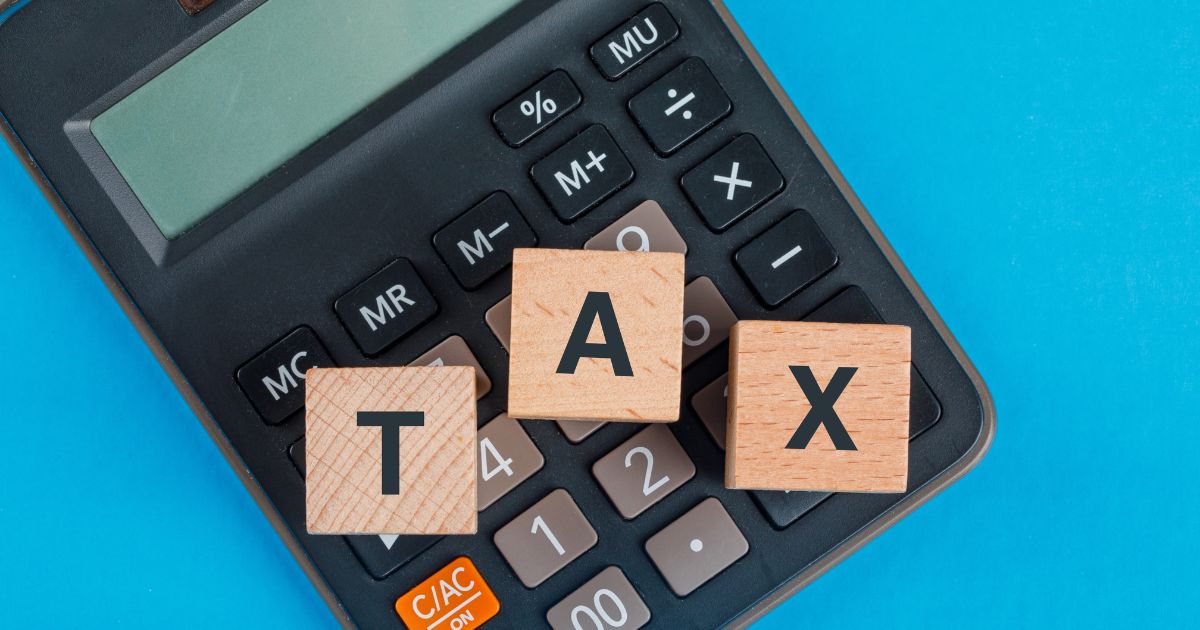Income Tax is one of the most crucial aspects of financial responsibility for individuals, businesses, and professionals in India. Yet, many taxpayers still find the process confusing, overwhelming, or intimidating. At Growthlink Tax Filings, our mission is to simplify tax compliance - making it stress-free, accurate, and beneficial for all.
This article will walk you through the basics of Income Tax in India, important terms, tax slabs, filing deadlines, and tips for smooth compliance.

What is Income Tax?
Income Tax is a direct tax levied by the Government of India on the income earned by individuals, Hindu Undivided Families (HUFs), firms, companies, and other entities during a financial year (April-March).
The Income Tax Department under the Central Board of Direct Taxes (CBDT) administers and enforces tax laws in India.
Who Should File Income Tax Returns (ITR)?
You are required to file an Income Tax Return (ITR) if:
- Your gross annual income exceeds the exemption limit (Rs 2.5 lakh for individuals below 60 years).
- You want to claim a refund of excess TDS.
- You have foreign assets/income.
- You are a company or firm, regardless of income.
- You have carried forward losses or want to claim deductions under various sections.
Income Tax Slabs for FY 2024-25 (AY 2025-26)
Under the new tax regime (default from FY 2023-24):
| Income Range | Tax Rate |
|---|---|
| Rs 0 - Rs 3,00,000 | Nil |
| Rs 3,00,001 - Rs 6,00,000 | 5% |
| Rs 6,00,001 - Rs 9,00,000 | 10% |
| Rs 9,00,001 - Rs 12,00,000 | 15% |
| Rs 12,00,001 - Rs 15,00,000 | 20% |
| Above Rs 15,00,000 | 30% |
Under the old regime, tax slabs differ and allow various exemptions/deductions like 80C, HRA, LTA, etc. Taxpayers can choose between regimes every financial year.
Documents Needed for Filing ITR
Here's what you typically need to file your return:
- PAN Card & Aadhaar Card
- Form 16 (for salaried individuals)
- Form 26AS / AIS-TIS (Tax Credit Statement)
- Bank statements
- Investment proofs (ELSS, LIC, PPF, etc.)
- Home loan interest details (if any)
- Rent receipts (for HRA claim)
- Capital gains summary (stocks, mutual funds)
Important Deadlines
- July 31, 2025: Last date to file ITR for individuals and non-audit cases
- October 31, 2025: Last date for audit cases
- December 31, 2025: Last date for revised/belated ITRs (with penalty)
Delays may attract penalties up to Rs 5,000, interest under Section 234A, and loss of refunds or carry-forward benefits.
Benefits of Filing Income Tax Return
- Claim refunds on TDS
- Apply for loans, visas, or tenders
- Build financial credibility
- Avoid penalties and legal issues
- Claim deductions and tax benefits
- Carry forward business or capital losses
Common Mistakes to Avoid
- Entering the wrong bank details or PAN
- Not declaring interest income or foreign income
- Filing under the wrong ITR form
- Missing out on deductions or exemptions
- Not verifying the return after filing
The author can also be reached at growthlinktaxfilings@gmail.com
Final Words
Income tax filing isn't just a legal obligation - it's an essential part of your financial well-being. Stay informed, stay compliant, and let experts help you optimise your taxes.








 CAclubindia
CAclubindia
